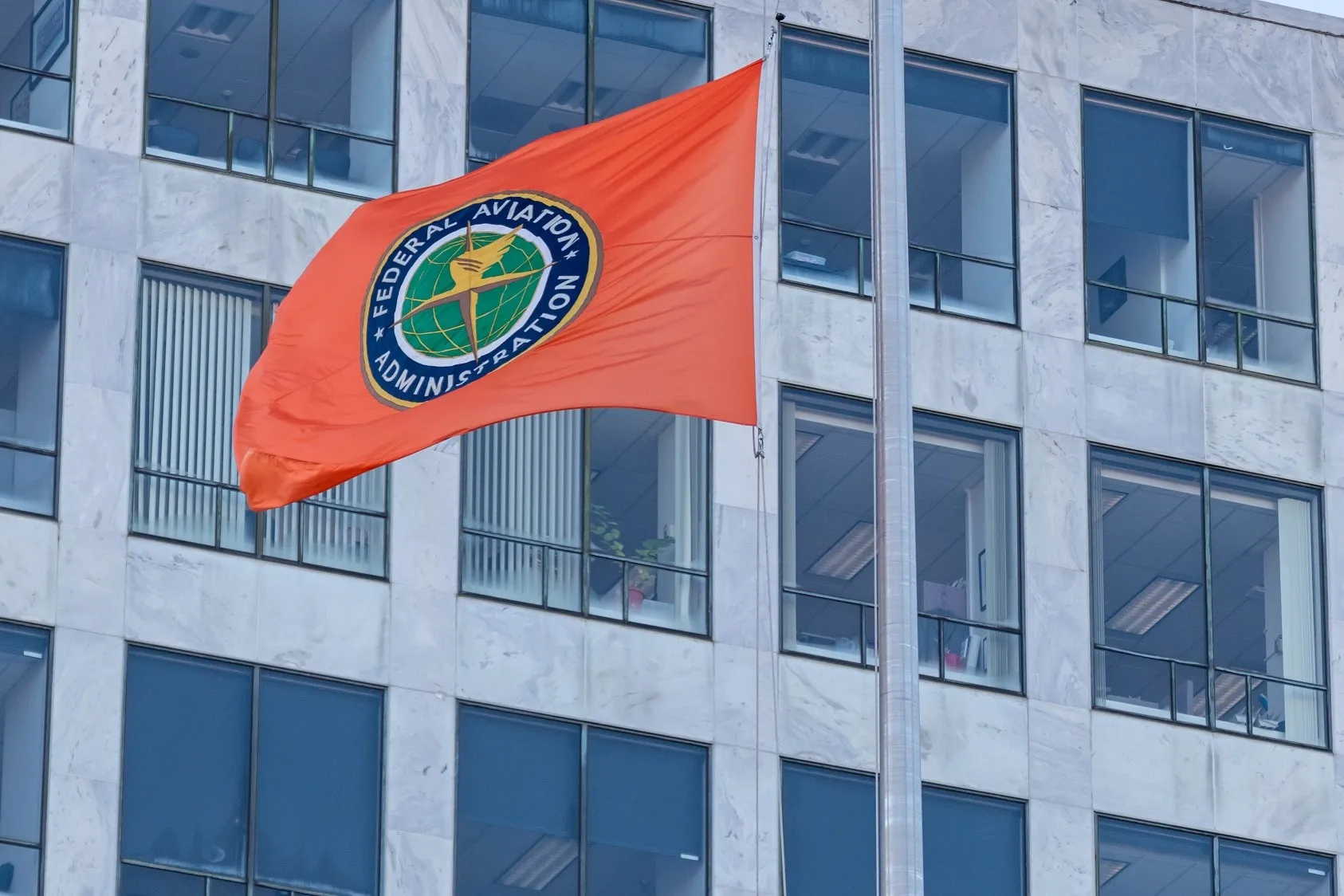August 8, 2025

If you work in a safety-sensitive position regulated by the Department of Transportation (DOT), you know your medical fitness — including the medications you take — can determine whether you’re qualified for the job.
What many don’t realize is that the rules about what medications are allowed vary significantly depending on your DOT mode, such as the FAA, FMCSA, FTA, and others.
If you work in aviation — as a pilot, air traffic controller, or flight crew member — your medication list will be reviewed closely.
The bottom line is that the FAA has the tightest medication restrictions of any DOT agency.
The Federal Motor Carrier Safety Administration (FMCSA) once prohibited methadone use, but that rule has changed.
Even with the rule change, some examiners may still be cautious about certifying drivers on methadone or certain psychiatric medications unless strong documentation is provided.
For agencies like:
There are no blanket bans on methadone or antidepressants. Instead:
These agencies tend to be more flexible, but safety and functionality still come first.
If you’re prescribed medications like methadone or antidepressants and work in a DOT-regulated role:
DOT jobs focus on protecting public safety, and that includes making sure medications do not interfere with job performance.


